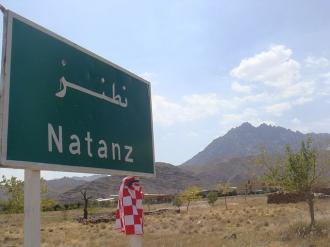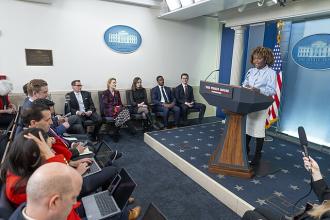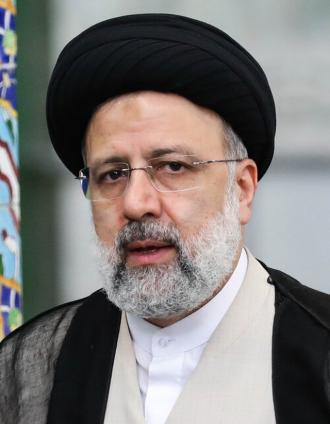Jerusalem, Israel - May 3, 2016 - On Yom HaShoah in Israel, regular TV programming is replaced with documentaries. Memorial ceremonies are held on a national level at Yad Vashem. Schools and organizations have special presentations. Restaurants are closed. Recreation shuts down. There is a national siren for a moment of silence.
But, Nadav Embon and his wife felt they wanted more. They wanted to find a way for those out of school and army to connect to the Holocaust, in a meaningful way. They invited 40 people to their home to hear a survivor tell their story, followed by appropriate music and a discussion. From this initial evening, זיכרון בסלון, Living Room Memories, or Memories at Home, began seven years ago. The goal of Zikaron Basalon is to encourage the younger generations to organize events marking Yom HaShoah in a way that is more meaningful to them and their communities. Since the initiative began, it has grown each year, Thousands of these evenings have been held in private homes around Israel, and spread throughout the world. Last year the project had 150,000 participants, and it is estimated 500,000 will take part this year.
One of Zikaron Basalon, speaker in Jerusalem, Israel, is Sarah Goodman, born in Dortmund, Germany in 1936. She retells her story starting as a young child. Her long, hard journey of survival goes across Europe to Portugal, finally to Cuba, then the U.S, before arriving in Israel. At the end of her talk she proudly shows her family - very extended, family photo. There are 300 meetings set for Jerusalem, and 7.000 around Israel.
A special meeting of Zikaron Basalon was hosted on Tuesday evening by President Reuven Rivlin and Nechama Rivlin. Neighbors were invited to Beit Hanasi, and offered the comfortable chairs usually used for visiting dignitaries. Snacks were served to those neighbors who accepted and participated, including former Maryland resident Bob Segal and his wife Tzivia Naiman. Meir Ginosar, who was born in Poland and survived Auschwitz Buchenwald, spoke about his memories and experiences. He took a prison uniform out of his black bag to show the group quietly assembled around him.
The stories of the Shoah need to be retold. Zikaron Basalon seeks to keep to keep the retelling for future generations in a way that will be meaningful. For many Russians, Ethiopians, and various Sephardi Jews, the Holocaust is not part of their collective memory. Embon spoke of Ushpizin, bringing into your home, these evenings meant to present Shoah remembrance from a "value point of view." Why show only "pornographic black and white photos and horror," as he was exposed to as a child that left him with nightmares? The dangers of racism and the sanctity of home and life, he believes should be stressed.
With fewer survivors every year, and more demand, the second generation are becoming the storytellers. Connecting the generations and remembering in more personal and intimate gatherings at home, instead of large community events, has merit.
Alternative Holocaust commemorations like Zikaron Basalon, Living Room Memories, reach out to those who feel a "disconnect" hoping to provide a meaningful experience.















